 If you are the current owner of a GM truck, you might have already heard the news that certain GMs have been connected to a defective fuel pump. Some consumers are considering their rights to file a defective fuel pump lawsuit. To identify whether or not you might have grounds to initiate a defective fuel pump lawsuit, you should first check whether or not your vehicle is affected by this issue.
If you are the current owner of a GM truck, you might have already heard the news that certain GMs have been connected to a defective fuel pump. Some consumers are considering their rights to file a defective fuel pump lawsuit. To identify whether or not you might have grounds to initiate a defective fuel pump lawsuit, you should first check whether or not your vehicle is affected by this issue.
If your truck hasn’t yet had a failure because of this possible issue, you might need to be on the lookout for potential problems. According to Pep Boys, fuel pressure gauge malfunctions,sputtering in the engine as your car gets closer to high speeds, and rising temperature are all problems linked to fuel pumps. All of these signs should be taken seriously.
Has a Lawsuit Already Been Filed?
According to a Reuters Report, one GM class action lawsuit alleges that GMC Sierra 2500HD and 3500HD Diesel trucks and Chevy Silverado 2500HD and 3500HD trucks were equipped with defective fuel pumps that are not compatible with diesel fuels sold in the United States.
Texas and California owners of the diesel trucks in these models manufactured between 2011 and 2016 might have to pay thousands of dollars in repair costs to fix these vehicles.
What’s Wrong with These GM Fuel Pumps?
The defective fuel pump lawsuit was brought by two plaintiffs who argued that the Bosch CP4 fuel pumps inside these cars were created to save money. The underlying argument is that the pumps use a reduced amount of fuel because of higher fuel pressures with reduced volume. However, U.S. diesel fuel, according to the lawsuit, doesn’t have enough lubrication to stop the CP4 pumps from failing.
Hot Cars reports that the fuel pump problem started when GM tried to capitalize on an increasing demand for pick-up trucks that ran on diesel.
Car Complaints says that GM advertised that the vehicles have high power and low fuel bills, in order to make them attractive to prospective customers. Allegedly, the company advertises that the vehicles will run for between 500,000 and 800,000 miles. However, customers argue that this was not the case.
Reportedly, GM worked with Bosch, a German auto parts supplier to create high-pressure fuel injection pumps for their trucks. The Detroit News explains that that the pumps are designed to work with European diesel, which is thicker than American diesel. However, because American diesel is thinner, it provides less lubrication than European diesel.
This can then reportedly cause air pockets to from inside the fuel injection pump. When there are air pockets in the pump, as opposed to having the pump coated in diesel, metal can reportedly rub on metal, which generates metal shavings and causes operational problems, says The Detroit News.
Car Complaints says that the problems associated with this incompatibility between the pump and American diesel can be costly. Some owners say that repairs can cost up to $20,000, especially as the pumps may have to be repacked.
Additionally, some customers say that the pumps can fail even in just the first mile of driving, meaning that drivers may face a serious cost almost immediately. Some customers report that the engine failure is sudden and catastrophic, and others describe that the pump explodes from the problem.
Did General Motors Know About the Fuel Pump Problem?
The class action lawsuit argues that General Motors was aware of the diesel fuel pump problems and knew that this would make the vehicles much less valuable than they otherwise would be without the high pressure CP4 pumps.
The lawsuit also argues that GMC and Chevy trucks have other problems because there are inaccurate lift pumps that could be installed to help supply fuel to the pumps.
This leads to unnecessary wear and tear and overall damage to the pumps. GM is accused in this defective fuel pump lawsuit of failing to install a filter between the injectors and the pump to stop metal shavings from going through the fuel systems of the truck. This can lead to significant problems for owners and massive repair costs.
What Does Replacing a Fuel Pump Cost?
Replacing a fuel pump could go as high as $10,000 in repair costs for the consumer, according to those consumers who filed suit against GM. The plaintiffs who have initiated the lawsuit allege that they should have been told about the damage potential when purchasing the vehicle and some of them say they would not have made the purchase decision if they knew about the possibility of GM fuel pump failure.
Join a Free GM Fuel Pump Class Action Lawsuit Investigation
You may be eligible to join this GM fuel pump class action lawsuit investigation if you bought one of these GM vehicles:
- 2011-2016 Chevrolet Silverado 2500HD (6.6L V8 Duramax LML engine)
- 2011-2016 Chevrolet Silverado 3500HD (6.6L V8 Duramax LML)
- 2011-2016 GMC Sierra 2500HD (6.6L V8 Duramax LML)
- 2011-2016 GMC Sierra 3500HD (6.6L V8 Duramax Diesel Trucks LML)
- 2010-2011 Chevrolet Express (6.6L Duramax LGH engine)
- 2010-2011 GMC Savana (6.6L Duramax LGH engine)
- 2010-2011 GMC Sierra Chassis Cabs/Pickup Box Delete (6.6L Duramax LGH engine)
- 2011-2012 Chevrolet Silverado 2500HD and 3500 (6.6L V8 Duramax LGH engine)
- 2011-2012 GMC Sierra 2500HD and 3500 (6.6L V8 Duramax LGH engine)
ATTORNEY ADVERTISING
Top Class Actions is a Proud Member of the American Bar Association
LEGAL INFORMATION IS NOT LEGAL ADVICE
Top Class Actions Legal Statement
©2008 – 2026 Top Class Actions® LLC
Various Trademarks held by their respective owners
This website is not intended for viewing or usage by European Union citizens.



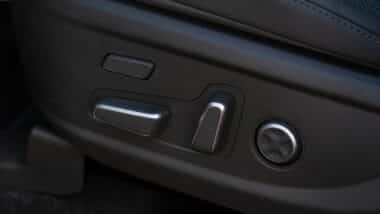
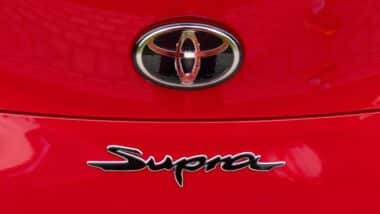


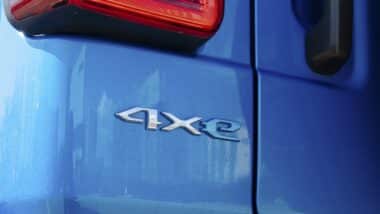

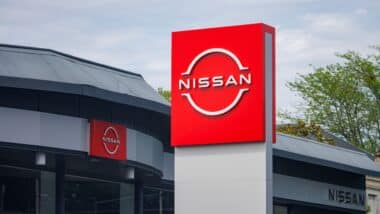
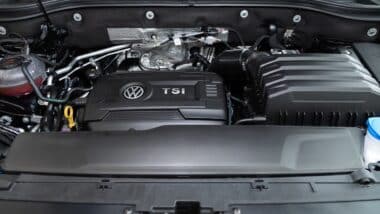


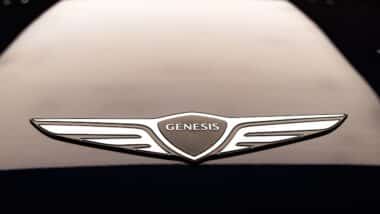

154 thoughts onWhat GM Trucks Are Part of the Defective Fuel Pump Lawsuit?
i own a 2016 GMC sierra 2500HD duramax diesel and am worried about the cp4 fuel
pump failure. Looking for answers for the defective pump design.
GM should be repairing these at no cost to me before expensive failure.
8/2023 fuel pump exploded almost $14,000 to repair. How do I get added to lawsuit?
On 7/21/23 I was heading to work in my 2016 Chevy 3500hd. Everything was normal, then all of a sudden I had no power. The truck is currently towed and sitting at a shop waiting for approval of $16000 in repairs because the TSB from GM states that 30 parts have to be replaced and that this is a known issue. I would like to be added to the class action lawsuit.
I have a 2016 GMC Sierra 2500 that had a fuel pump failure, this happened in April of 2022. The shop found that the fuel pump had desegrated and pushed metal shavings though fuel system and back to the fuel tank. I contacted GM and they said that they could not help me. I had repairs completed at a cost of 13,447.39 and an additional towing charge of 700.00. I would like to be added to the class action Law Suit to recover this expense due to known GM issues with this fuel pump.
On 03/20/2023 our 2016 Chevrolet Diesel 2500 HD just shut down leaving us stranded. It’s currently at the dealer with a repair cost of $14k. I have been reading up on this Bosch CP4 Fuel Pump and it’s CATASTROPHIC! In contacting GM to ask for help all they had to say is “sorry”. I heard about this Class Action Lawsuit and would very much like more information. We only have 140k miles and for a diesel that’s not even broke in.